
Insights & Regulatory Updates

Broker-Dealers vs. Unregistered Finders in Capital Raising
Determining whether an intermediary operates as a finder or an unregistered broker-dealer is a nuanced and fact-specific inquiry that can present significant challenges. For unwary entrepreneurs, corporate executives, and equity fund sponsors, the stakes are high; engaging a third party that inadvertently crosses the line into broker-dealer territory can result in serious regulatory repercussions.
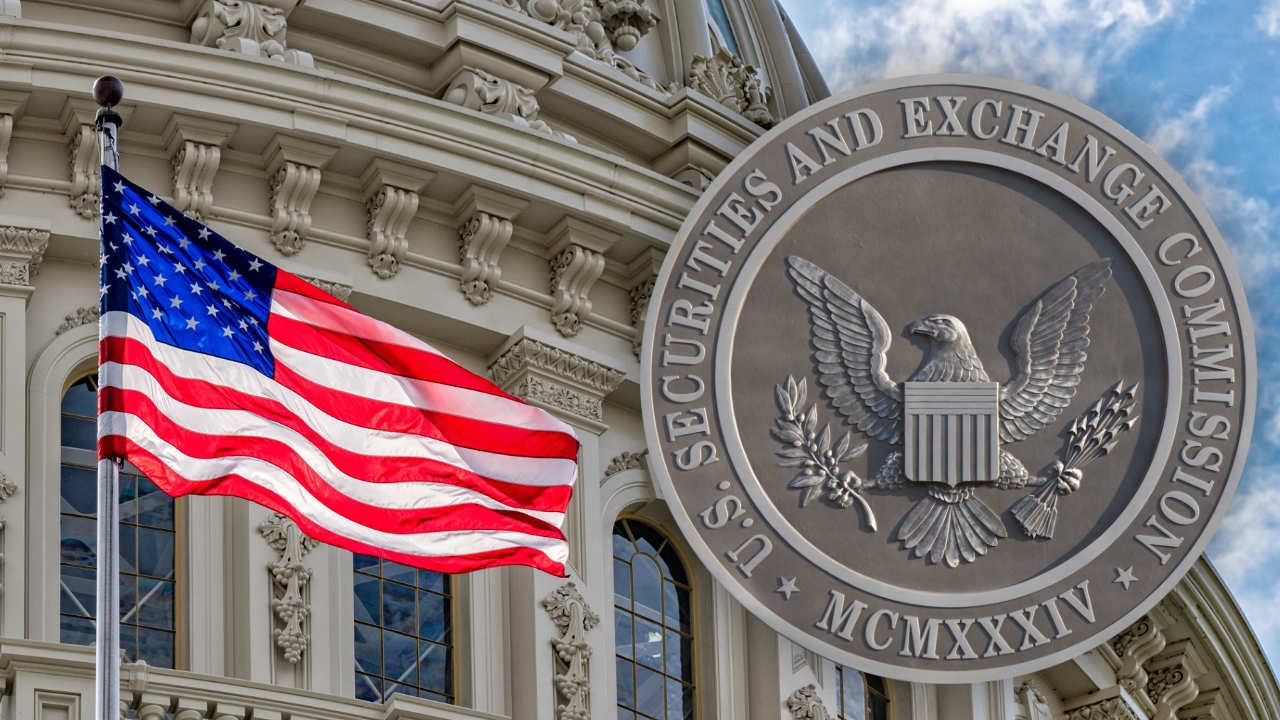
SEC Adopts Amendments to Regulation NMS: New Minimum Pricing Increments, Reduced Access Fee Caps, and Enhanced Order Transparency
On September 18, 2024, the U.S. Securities and Exchange Commission (SEC) announced significant amendments to Regulation NMS (National Market System) aimed at improving market quality, reducing transaction costs, and enhancing transparency in equity markets. These changes, which address minimum pricing increments (tick sizes), access fee caps, and the visibility of better-priced orders, mark a major shift in the regulatory landscape designed to foster competition and protect investors.
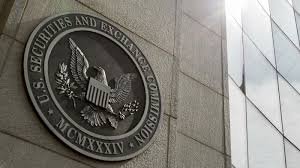
SEC Shifts Focus: Climate and ESG Enforcement Task Force Disbanded
The Securities and Exchange Commission (SEC) recently dissolved its Climate and ESG Enforcement Task Force, signaling a notable shift in the Commission's regulatory focus. Formed in 2021 under Acting Chair Allison Herren Lee, the Task Force played a central role in SEC Chair Gary Gensler’s push to enhance the availability of environmental, social, and governance (ESG) data for investors. However, after facing significant industry resistance and legal challenges, the SEC has decided to wind down the Task Force, though several key ESG and climate-related rules remain in development.

Preparing for 2025: Key ESG Trends and Regulatory Updates for In-House Counsel
As we move towards 2025, ESG (Environmental, Social, and Governance) issues continue to evolve, driven by new regulatory frameworks, increasing litigation, and heightened scrutiny from investors and stakeholders. For in-house counsel, staying ahead of these developments is critical, as 2025 promises to bring new challenges and opportunities. This article outlines the key ESG trends and regulatory updates that legal departments should be preparing for as we head into the new year.

SEC Targets Misleading AI Claims: Enforcement Actions and Key Takeaways
Explore the SEC's recent enforcement actions targeting "AI washing"—the practice of overstating or misrepresenting the use of artificial intelligence. Learn about key cases, regulatory risks, and compliance strategies for firms leveraging AI technology.
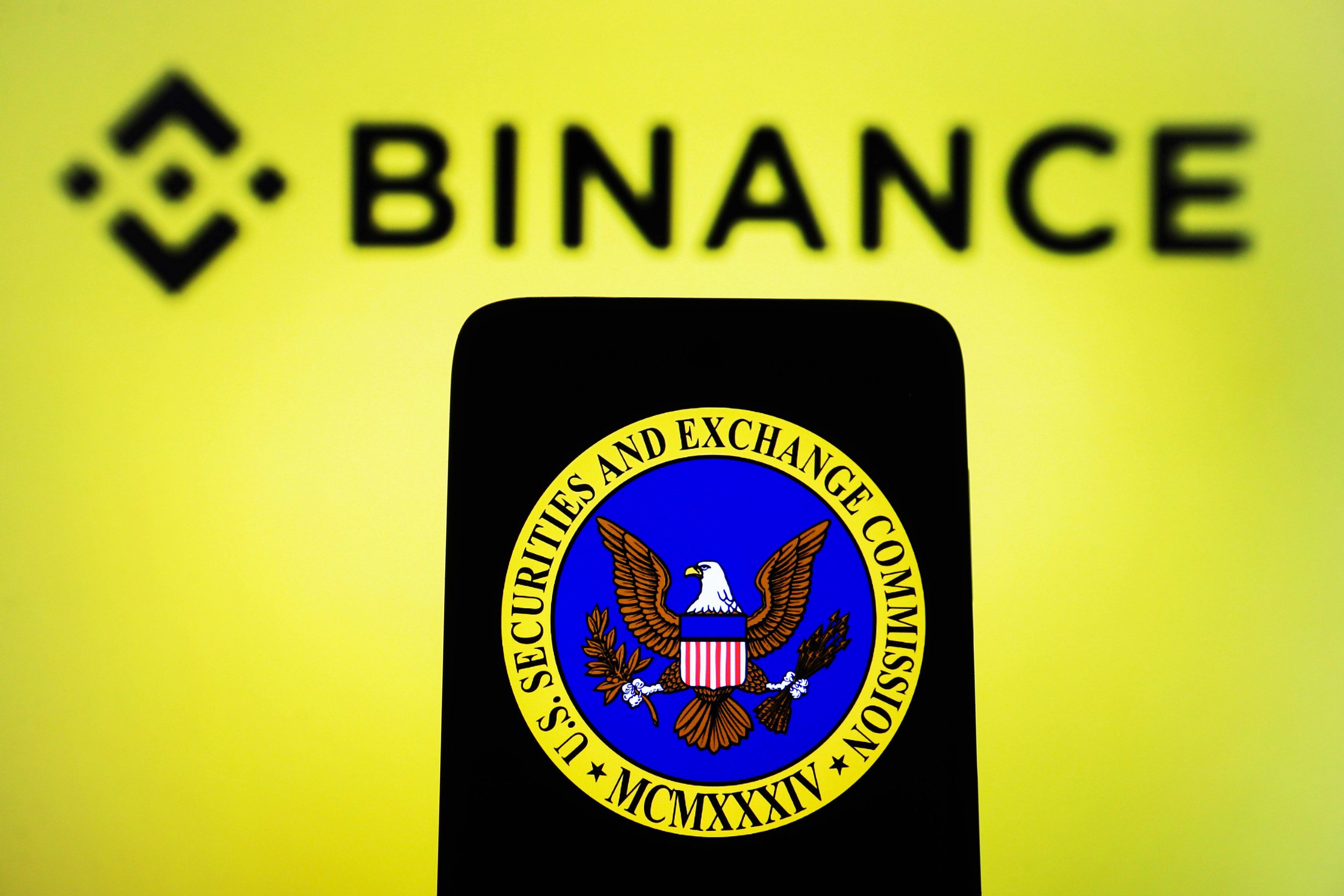
SEC Amends Binance Complaint Amid Industry Criticism Over Token Classification
In a recent development, the U.S. Securities and Exchange Commission (SEC) amended its complaint in the ongoing case against Binance, one of the world’s largest cryptocurrency exchanges. The SEC acknowledged that it may have caused confusion regarding its stance on whether certain digital tokens should be classified as securities. This amended filing, submitted in the District of Columbia, includes procedural adjustments and legal clarifications, reflecting an evolving enforcement strategy as the SEC seeks to address the regulatory challenges posed by digital assets.
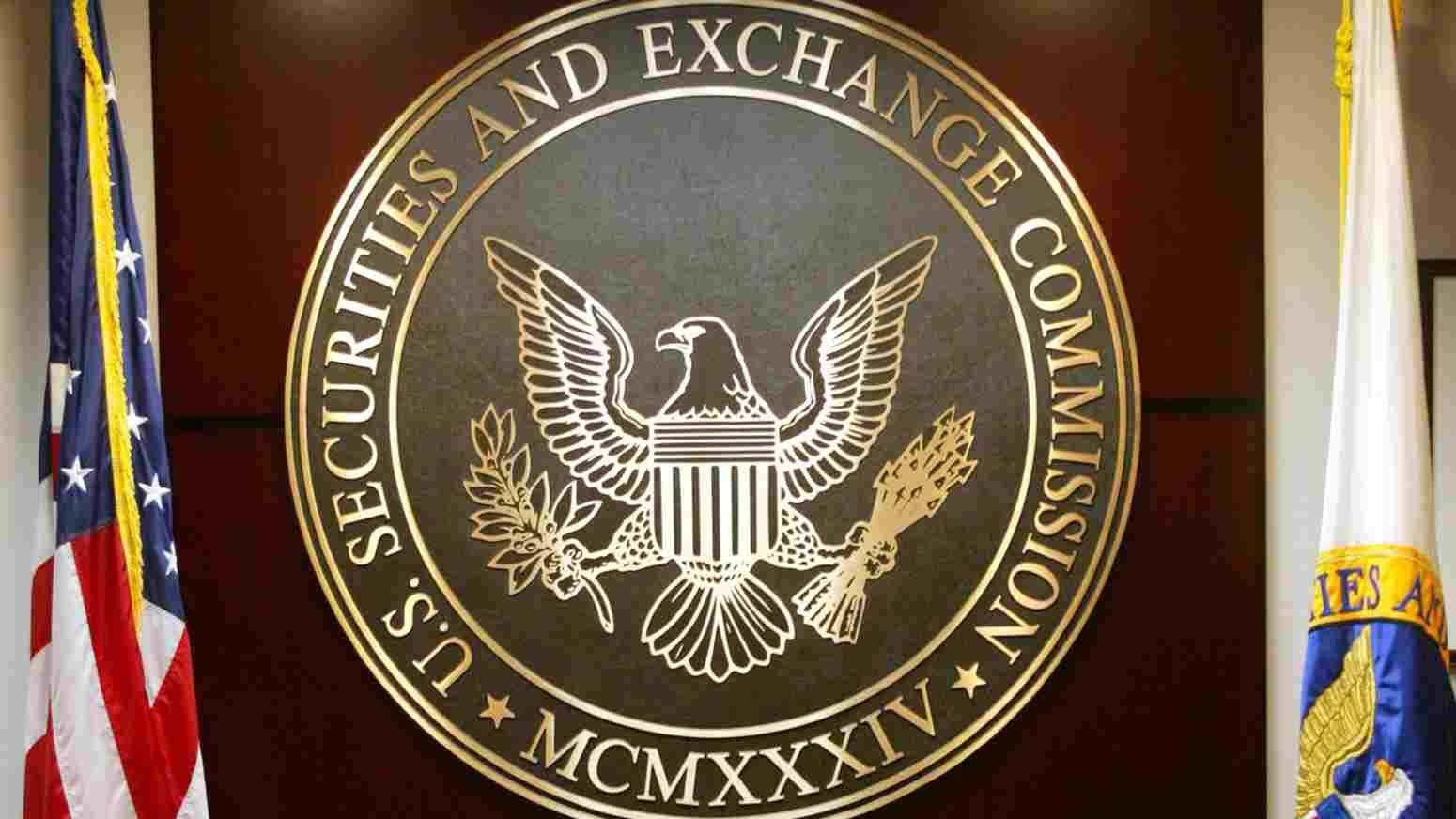
Update: The Supreme Court’s Decision in SEC v. Jarkesy and Its Broader Impact on SEC Enforcement
The Jarkesy ruling has considerable consequences for the SEC’s enforcement program. For years, the SEC has utilized its administrative forum to pursue civil penalties for securities fraud, with the flexibility to adjudicate matters in-house. However, the Supreme Court's decision effectively eliminates this option for cases seeking civil penalties. As a result, the SEC will likely need to shift more cases to federal court, where defendants are entitled to a jury trial. This shift could increase the complexity, time, and costs associated with SEC enforcement actions.

Broker-Dealer Fined $3M for Trading Supervision Failures
In a recent settlement with FINRA, a major broker-dealer agreed to pay over $3 million in monetary sanctions due to supervisory failures related to short-term trading recommendations. These trading activities, which spanned a two-year period from January 2017 to December 2018, resulted in client losses while generating significant profits for the firm.
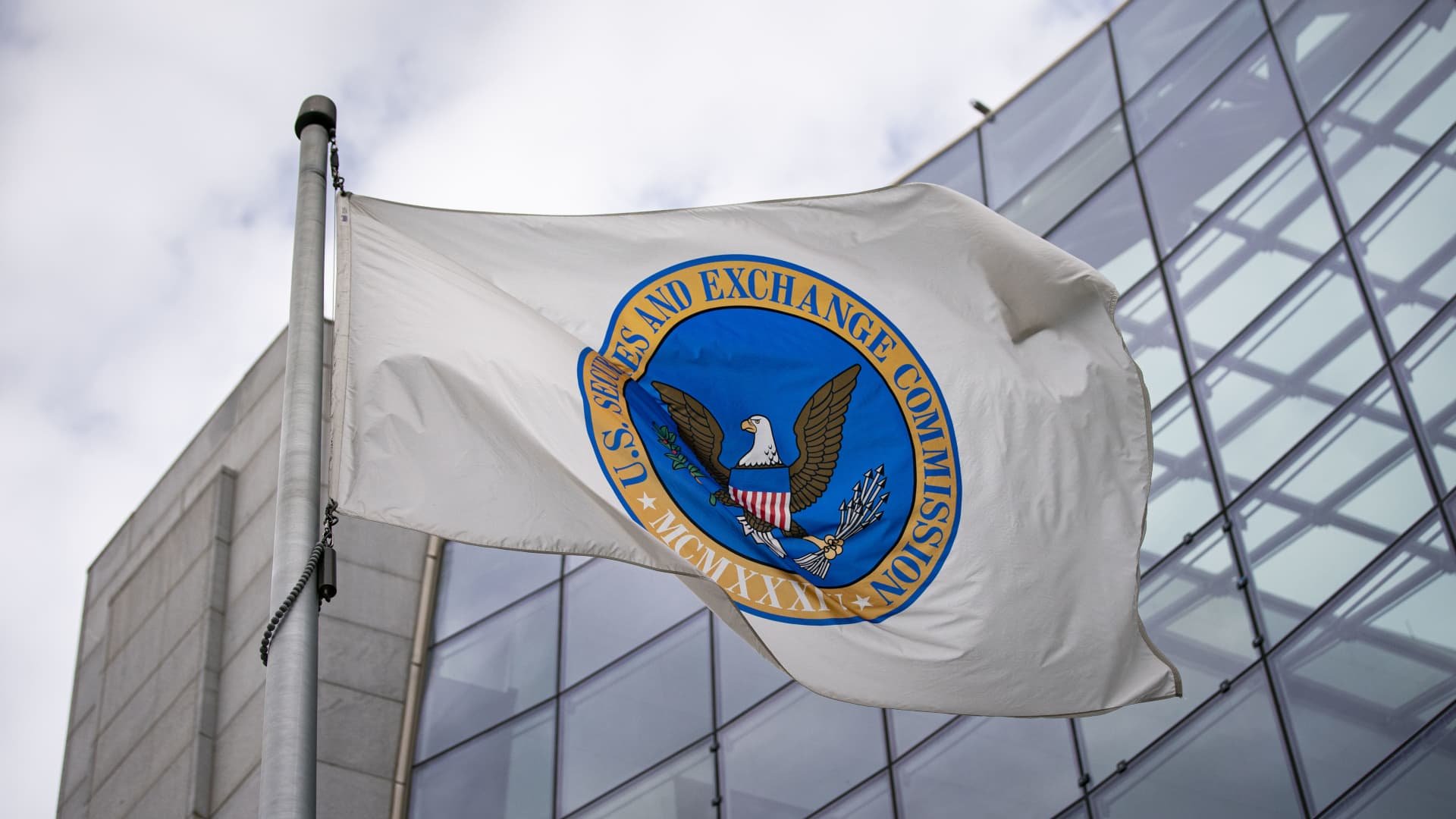
SEC Charges Former Executives of Medly Health Inc. with Investor Fraud
The Securities and Exchange Commission (SEC) recently charged three former executives of the now-defunct digital pharmacy startup Medly Health Inc. with defrauding investors in a scheme that raised over $170 million. The charges underscore the SEC’s continued focus on corporate malfeasance, particularly within startups seeking capital from investors.

Navigating FINRA’s New Residential Supervisory Location (RSL) Rule
In response to the growing trend of remote work since the COVID-19 pandemic, FINRA has introduced a new rule under its supervision framework, allowing firms to designate private residences as Residential Supervisory Locations (RSLs). This significant development provides firms with an opportunity to adapt their supervisory practices to a more flexible work environment while ensuring compliance with FINRA’s stringent supervision requirements. Effective June 1, 2024, FINRA Rule 3110.19 enables firms to treat certain residential locations as non-branch locations, offering relief from the annual inspection requirements that apply to branch offices and Offices of Supervisory Jurisdiction (OSJs).

SEC Enforcement on Marketing Rule Violations: RIAs to Pay $1.2M in Fines
The SEC continues to flex its regulatory muscle over Registered Investment Advisors (RIAs) in its latest enforcement action targeting violations of the 2021 marketing rule. Nine RIAs have agreed to pay more than $1.2 million in collective fines for misleading advertising practices. The firms include prominent names like Integrated Advisors Network, Richard Bernstein Advisors, and Abacus Planning Group, each paying six-figure fines to settle charges brought by the commission.

Key Drivers Behind State Securities Enforcement Actions
State regulators play a pivotal role in maintaining the integrity of the securities industry, particularly when it comes to protecting retail investors. While federal agencies like the SEC often garner more attention, state securities regulators serve as critical front-line enforcers of compliance and ethical standards within their jurisdictions. Through targeted enforcement actions and oversight, state regulators address misconduct that can often slip through the cracks at the national level, ensuring that investment advisors and firms adhere to both state and federal regulations.
Massachusetts Investment Advisor Fined for Undisclosed WeChat Communications
In a recent enforcement action, a Massachusetts-based investment advisor has been sanctioned by the Financial Industry Regulatory Authority (FINRA) for conducting business communications through an unapproved messaging platform, in violation of recordkeeping rules. The advisor, formerly associated with a major brokerage firm, was found to have used WeChat, a Chinese social media application, to interact with clients without the firm's approval or proper documentation.

Opinion: U.S. Congress Must Establish a Clear Regulatory Framework for Crypto Assets to Maintain Western Leadership in Financial Innovation
By now, we all know that cryptographic blockchain has the potential to revolutionize the transfer of value over the internet—quickly, inexpensively, and without intermediaries. With mass-adoption, a blockchain-powered immutable public ledger of transactions could reshape financial systems globally. Yet, like any transformative technology, its long-term success hinges on legal and regulatory clarity. It is time for Congress to establish a comprehensive, sensible framework for regulating crypto assets.

Recent SEC Enforcement Action Highlights the Importance of Robust MNPI Policies in CLO Trading
In a significant enforcement action, the U.S. Securities and Exchange Commission (SEC) has sanctioned a private fund manager for failing to implement adequate policies and procedures to prevent the misuse of material nonpublic information (MNPI) while trading securities issued by collateralized loan obligation vehicles (CLOs). This case underscores the SEC’s focus on credit managers and emphasizes the importance of strong compliance frameworks for preventing MNPI violations in CLO trading.

DOJ and SEC Crack Down on Market Manipulation: Enforcement Actions Against Short Sellers Signal Increased Scrutiny
In a decisive move against market manipulation, the U.S. Department of Justice (DOJ) and the U.S. Securities and Exchange Commission (SEC) have launched parallel enforcement actions targeting prominent activist short seller Andrew Left and his firm, Citron Capital LLC. These actions underscore the increased scrutiny short sellers face and highlight the enduring prevalence of "short-and-distort" campaigns—where short sellers spread false or misleading information to drive down a company's stock price for financial gain.

FINRA Prevails in Broker’s Post-Jarkesy Challenge to Disciplinary Hearing
The Financial Industry Regulatory Authority (FINRA) recently scored a legal victory after a federal judge in Philadelphia dismissed a broker’s challenge to a FINRA disciplinary proceeding, which was based on the U.S. Supreme Court’s Jarkesy decision. This decision provides some relief for both FINRA and the Securities and Exchange Commission (SEC), as they face increased scrutiny following the Supreme Court's ruling on administrative law judges.

SEC Fines Six Major Credit Rating Agencies for Recordkeeping Failures
The U.S. Securities and Exchange Commission (SEC) has imposed fines totaling $49 million on six major credit rating agencies for their failure to maintain and preserve electronic communications as required under federal securities laws. This action underscores the SEC's commitment to enforcing compliance with regulatory obligations that are crucial for maintaining the integrity of the financial markets.

Nvidia Faces DOJ Antitrust Investigation: A Potential Turning Point in the AI Industry
The U.S. Department of Justice (DOJ) has significantly escalated its antitrust investigation into Nvidia Corp., the world’s leading AI chipmaker, by issuing subpoenas not only to Nvidia but also to third-party companies. This marks a critical step forward in a probe that has been quietly gaining momentum over the past several months. The investigation centers on whether Nvidia’s business practices have unfairly restricted competition in the rapidly growing AI chip market, with potential implications for the broader tech industry.

SEC Targets OpenSea: The Potential Implications for the NFT Market
The Securities and Exchange Commission (SEC) has recently issued a Wells notice to OpenSea, the most prominent marketplace for non-fungible tokens (NFTs), signaling a potential lawsuit for securities law violations. This move marks a significant development in the SEC's ongoing scrutiny of the digital assets space, particularly as it relates to the burgeoning NFT market.
